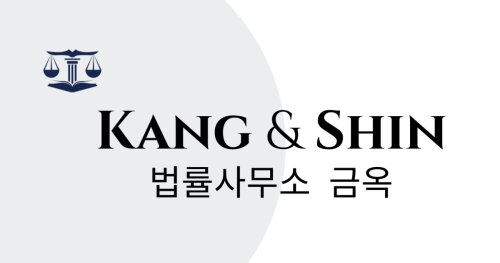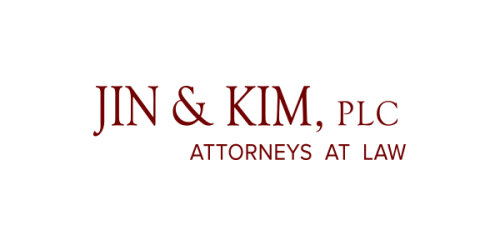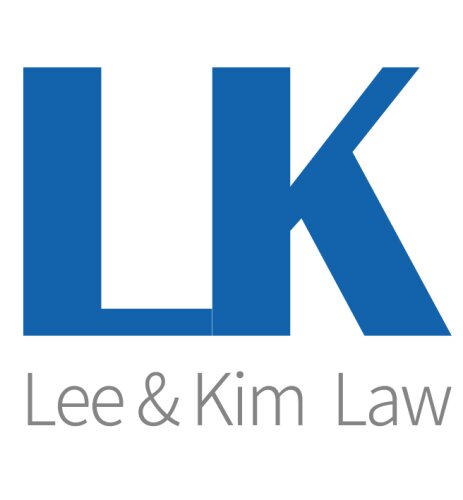Best Collaborative Law Lawyers in Seoul
Share your needs with us, get contacted by law firms.
Free. Takes 2 min.
Free Guide to Hiring a Family Lawyer
List of the best lawyers in Seoul, South Korea
About Collaborative Law in Seoul, South Korea
Collaborative Law in Seoul, South Korea is a form of alternative dispute resolution where parties work together with their lawyers to reach mutually beneficial agreements. It focuses on open communication and problem-solving, rather than litigation in court.
Why You May Need a Lawyer
You may need a lawyer in Collaborative Law in Seoul, South Korea if you are going through a divorce, child custody dispute, or other family law matter. A lawyer can help guide you through the process, protect your rights, and ensure that your interests are represented effectively.
Local Laws Overview
In Seoul, South Korea, Collaborative Law is governed by the Korean Family Law Act. This law outlines the procedures and requirements for Collaborative Law processes, including the selection of neutral professionals and the drafting of agreements.
Frequently Asked Questions
What is the role of a lawyer in Collaborative Law?
A lawyer in Collaborative Law acts as a legal advisor and advocate for their client, helping them navigate the process and negotiate favorable terms.
Can Collaborative Law be used for all types of legal disputes?
Collaborative Law is best suited for family law matters, such as divorce and child custody disputes. It may not be appropriate for all types of legal disputes.
How long does a Collaborative Law case typically take?
The timeline for a Collaborative Law case can vary depending on the complexity of the issues involved and the willingness of the parties to cooperate. It can range from a few months to over a year.
What happens if we cannot reach an agreement in Collaborative Law?
If the parties cannot reach an agreement through Collaborative Law, they may need to pursue other methods of dispute resolution, such as mediation or litigation in court.
Are the agreements reached in Collaborative Law legally binding?
Yes, the agreements reached in Collaborative Law are legally binding once they are signed by the parties and approved by the court.
How much does it cost to hire a lawyer for Collaborative Law in Seoul, South Korea?
The cost of hiring a lawyer for Collaborative Law in Seoul, South Korea can vary depending on the lawyer's experience, the complexity of the case, and the amount of time involved. It is important to discuss fees and payment arrangements with your lawyer upfront.
Can I switch to a different lawyer during the Collaborative Law process?
Yes, you have the right to switch to a different lawyer at any point during the Collaborative Law process if you are not satisfied with your current representation.
Do both parties need to hire a lawyer for Collaborative Law?
While both parties are not required to have a lawyer in Collaborative Law, it is highly recommended to ensure that each party's interests are properly represented and protected.
What are the benefits of Collaborative Law compared to traditional litigation?
Collaborative Law offers a more cooperative and less adversarial approach to resolving disputes, which can lead to quicker and more cost-effective resolutions. It also allows parties to maintain control over the outcome of their case.
How can I find a qualified Collaborative Law lawyer in Seoul, South Korea?
You can search for qualified Collaborative Law lawyers in Seoul, South Korea through legal directories, bar associations, and referrals from friends or family members who have gone through similar processes.
Additional Resources
For more information on Collaborative Law in Seoul, South Korea, you can visit the Korean Bar Association website or contact the Seoul Family Court for guidance.
Next Steps
If you are in need of legal assistance in Collaborative Law in Seoul, South Korea, your first step should be to schedule a consultation with a qualified lawyer who specializes in this area of law. During the consultation, you can discuss your case, ask any questions you may have, and determine the best course of action moving forward.
Lawzana helps you find the best lawyers and law firms in Seoul through a curated and pre-screened list of qualified legal professionals. Our platform offers rankings and detailed profiles of attorneys and law firms, allowing you to compare based on practice areas, including Collaborative Law, experience, and client feedback.
Each profile includes a description of the firm's areas of practice, client reviews, team members and partners, year of establishment, spoken languages, office locations, contact information, social media presence, and any published articles or resources. Most firms on our platform speak English and are experienced in both local and international legal matters.
Get a quote from top-rated law firms in Seoul, South Korea — quickly, securely, and without unnecessary hassle.
Disclaimer:
The information provided on this page is for general informational purposes only and does not constitute legal advice. While we strive to ensure the accuracy and relevance of the content, legal information may change over time, and interpretations of the law can vary. You should always consult with a qualified legal professional for advice specific to your situation.
We disclaim all liability for actions taken or not taken based on the content of this page. If you believe any information is incorrect or outdated, please contact us, and we will review and update it where appropriate.
















